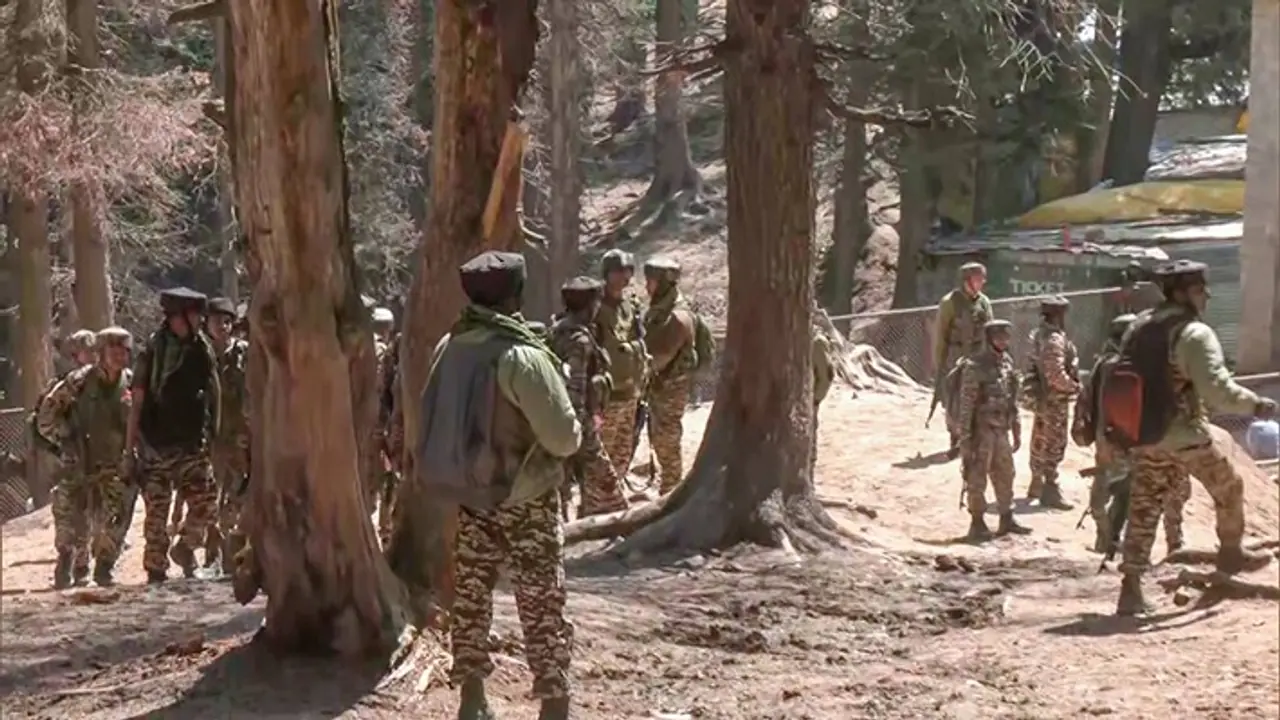In response to the April 22 terror attack in Pahalgam, the Indian Army has trained Village Defence Groups in Rajouri, empowering locals to assist security forces. The move follows escalating tensions between India and Pakistan.
In the wake of the deadly terrorist attack in Pahalgam on April 22, the Indian Army has intensified efforts to bolster security along Jammu and Kashmir’s sensitive border regions.

The Army is providing specialized training to members of the Village Defence Groups (VDGs) in Rajouri's Nowshera sector. This initiative aims to strengthen the local defense network and empower communities to tackle security threats more effectively.
The Army’s training program is focused on weapon handling, tactical response, and preparedness for emerging challenges. These sessions, held periodically, allow local villagers to collaborate directly with security forces, providing them with the necessary skills to protect their homes and assist in the larger security operations.
Army personnel have been working closely with the VDGs, offering detailed instructions on how to respond to threats and maintain readiness in the face of danger, reports The Times of India.
This partnership between the Army and local defense groups is seen as a key strategy in maintaining peace and security in vulnerable border areas. The Army’s continued professional training, along with regular drills and support, is designed to build a strong, reliable local defense infrastructure that can act swiftly when needed.
The recent terror attack in Pahalgam, specifically at the Baisaran meadow, has sparked significant concern. The attack, which resulted in the deaths of 26 individuals—including both locals and tourists—has further raised tensions between India and Pakistan. Following the assault, the Indian government has taken several decisive steps, including revoking visas for Pakistani nationals, cutting trade ties, and suspending the Indus Waters Treaty. These measures are intended to hold Pakistan accountable for its alleged support of cross-border terrorism and to signal India’s resolve to combat militant activities.
In retaliation, Pakistan has criticized India’s actions and accused it of escalating the situation. Pakistan has stated that it will take necessary steps to defend its sovereignty and security. The ongoing tensions between India and Pakistan have led to a tense environment in the region, with both countries bracing for further diplomatic and military developments.
The Pahalgam attack and the subsequent training of Village Defence Groups highlight the escalating security concerns in Jammu and Kashmir. The Army’s efforts to involve local communities in security measures are a testament to the importance of community-driven defense initiatives in sensitive areas. As both nations navigate the rising tensions, the safety of civilians remains a top priority, and the cooperation between the Army and local defense groups is seen as a crucial step in ensuring the region’s stability.


